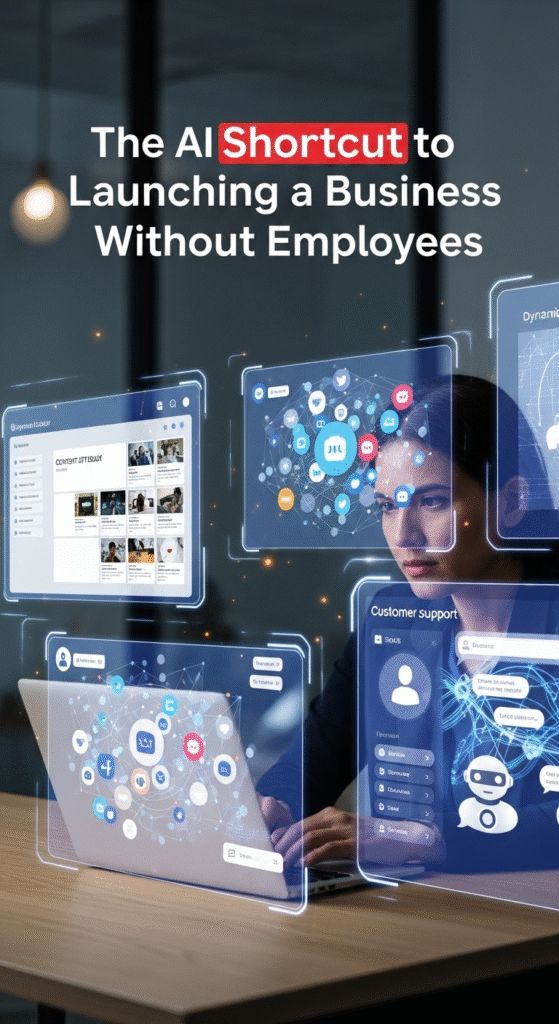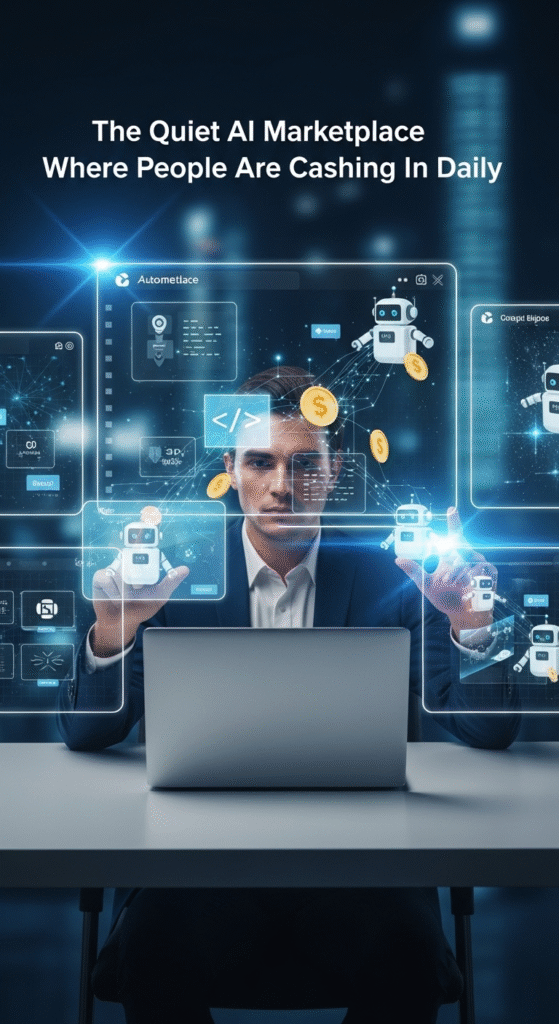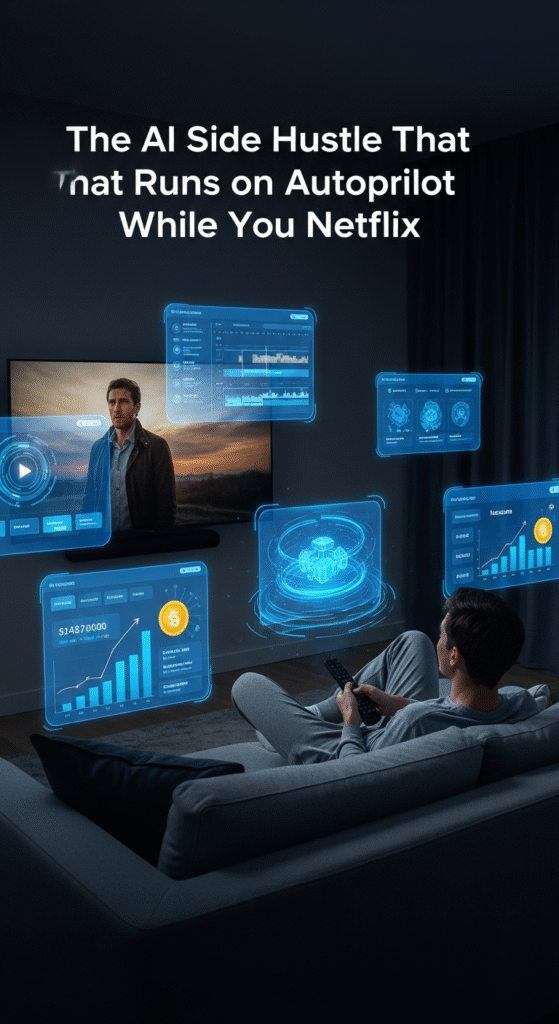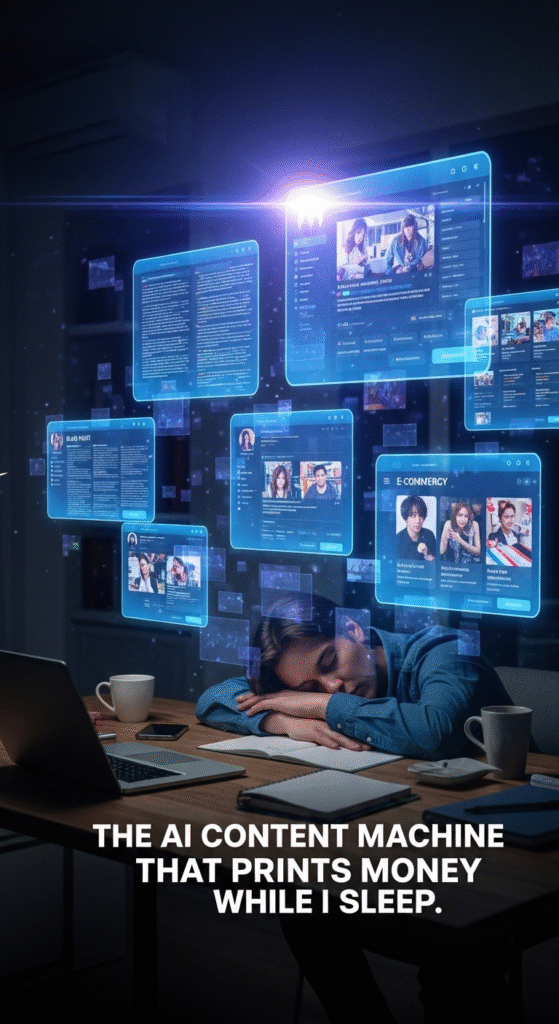Your passwords, your bank info, even government secrets—quantum computers could break them in seconds. The age of quantum hacking isn’t science fiction anymore, and it raises one big question: is your personal data actually safe?
You think your bank account is safe behind that clever password? Think again. Right now, most of the world’s security relies on math problems that take today’s computers forever to solve. But quantum computers? They chew through those problems like popcorn. Suddenly, your “secure” account looks like an open door.
The crazy part? Governments and corporations know this. That’s why they’re racing to build quantum-resistant encryption—because the moment a working quantum computer gets unleashed, everything from WhatsApp chats to nuclear launch codes could be up for grabs.
And don’t think hackers are sitting this one out. State-sponsored groups are already hoarding stolen data, waiting. They might not be able to read it now, but once quantum arrives, boom—every secret is theirs. It’s like freezing food today, knowing you’ll have the microwave tomorrow.
So yeah, the term “quantum hacking” sounds sci-fi, but it’s just around the corner. China’s pouring billions into it. The U.S. is, too. Whoever cracks it first won’t just have better tech—they’ll have the keys to the world’s data.
The bottom line? Your personal data isn’t just at risk from some guy in a hoodie. It’s at risk from an entirely new kind of computer that makes today’s hackers look like amateurs. Quantum hacking isn’t a “what if.” It’s a “when.”
“Don’t Just Read—Protect Yourself Now”
While you’re sipping coffee (or whiskey), hackers could be watching your traffic like it’s a free movie. Creepy, right? A VPN shields you from prying eyes, hides your location, and locks down your data—whether you’re on public Wi-Fi or just checking email at home.
👉 Click here to get instant protection with NordVPN
Because peace of mind shouldn’t be optional.









